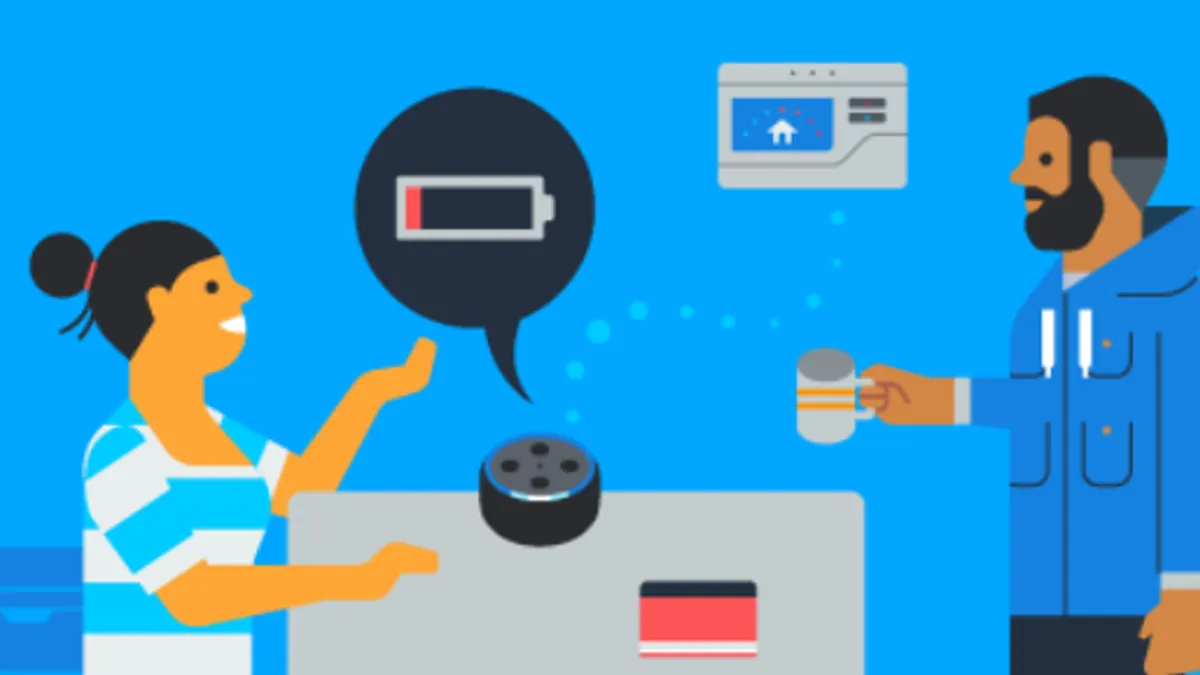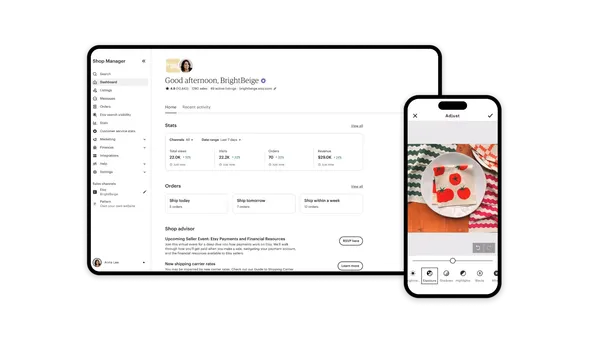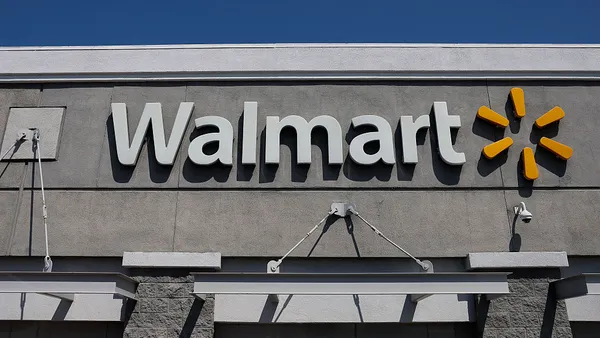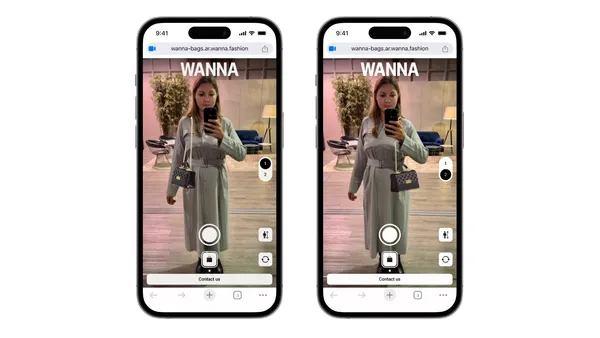Dive Brief:
-
Amazon earlier this week announced new inventory sensors coming soon to the Smart Home Skill API. The sensors will allow U.S.-based developers to make it easier for customers to get refills for "any connected device that uses a consumable," Prashanth Halappa, a senior product manager for Amazon, wrote in a company blog post. Applicable uses could include ordering ink for printers, air filters for thermostats, replacement heads for toothbrushes or detergent for washing machines.
-
Alexa will inform customers that their supplies are low for items with inventory sensors. Those customers can then schedule automatic refills through Dash Replenishment. "You can take advantage of Amazon's authentication and payment systems, customer service, and fulfillment network to ensure your customers never have that 'ran out of it' moment," Halappa wrote. Supply orders prompted by low supply notifications can generate recurring revenue, he explained.
-
According to Amazon's announcement, smart home and security companies August, Blink, Ring, Schlage and Yale are working on adding inventory sensors to report battery levels from their Alexa skills, and Coway is adding them to provide status levels for its air filters. Amazon will soon roll out the sensors to all U.S. developers.
Dive Insight:
Dash Replenishment continues to grow, with Amazon focusing on reducing a barrier to using many "smart" items: not having the necessary refills ready when the item beeps or flashes to ask for them.
Dash Buttons, which allowed customers to purchase a dedicated button though which to reorder specific items, were discontinued this spring, but the expansion of the Dash concept through connected home components appears to have been part of Amazon's plan from the start. "We've always said we envision a future where you don't need to press a physical button in your home to order products," Amazon told Retail Dive through emailed comments in March.
Developers can choose from three types of inventory sensors for their Smart Home Skills: those for devices that can report their own status or supply levels (like printer ink), those that can report the quantity of items added to it (like coffee brewed in a coffee maker) or the type of sensor that detects usage level to determine when a replacement is needed (like a vacuum bag or air filter).
Providing convenience for busy customers makes this capability particularly attractive for companies selling products as well as accompanying supplies or parts. But there's also a sales component that benefits Amazon.
Companies can sell their own refills or consumable components through Amazon, or get a commission for selling third-party supplies. "Developers will earn a one-time referral fee when customers sign up for Dash Replenishment and the first smart reorder is placed," the blog post explained. Companies will also receive revenue for any additional smart reorders or manual orders that are placed through the program's notifications.












